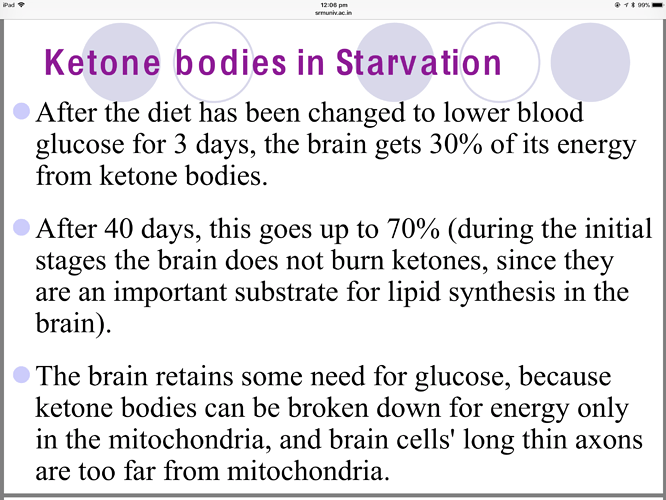“Ketones, which are water-soluble molecules that the liver makes when metabolizing fats, particularly when carbohydrate intake is low.
Ketones can be used for energy by most tissues in our bodies, including the brain (which cannot use fatty acids directly).”
This suggests that the liver makes ketones and then the body uses them for fuels. Ketones therefore are not just a by product. Note the parentheses section that states the brain cannot use fat.
Maybe this would explain it better for you -
http://www.srmuniv.ac.in/sites/default/files/files/KETONEBODYMETABOLISM.pdf











